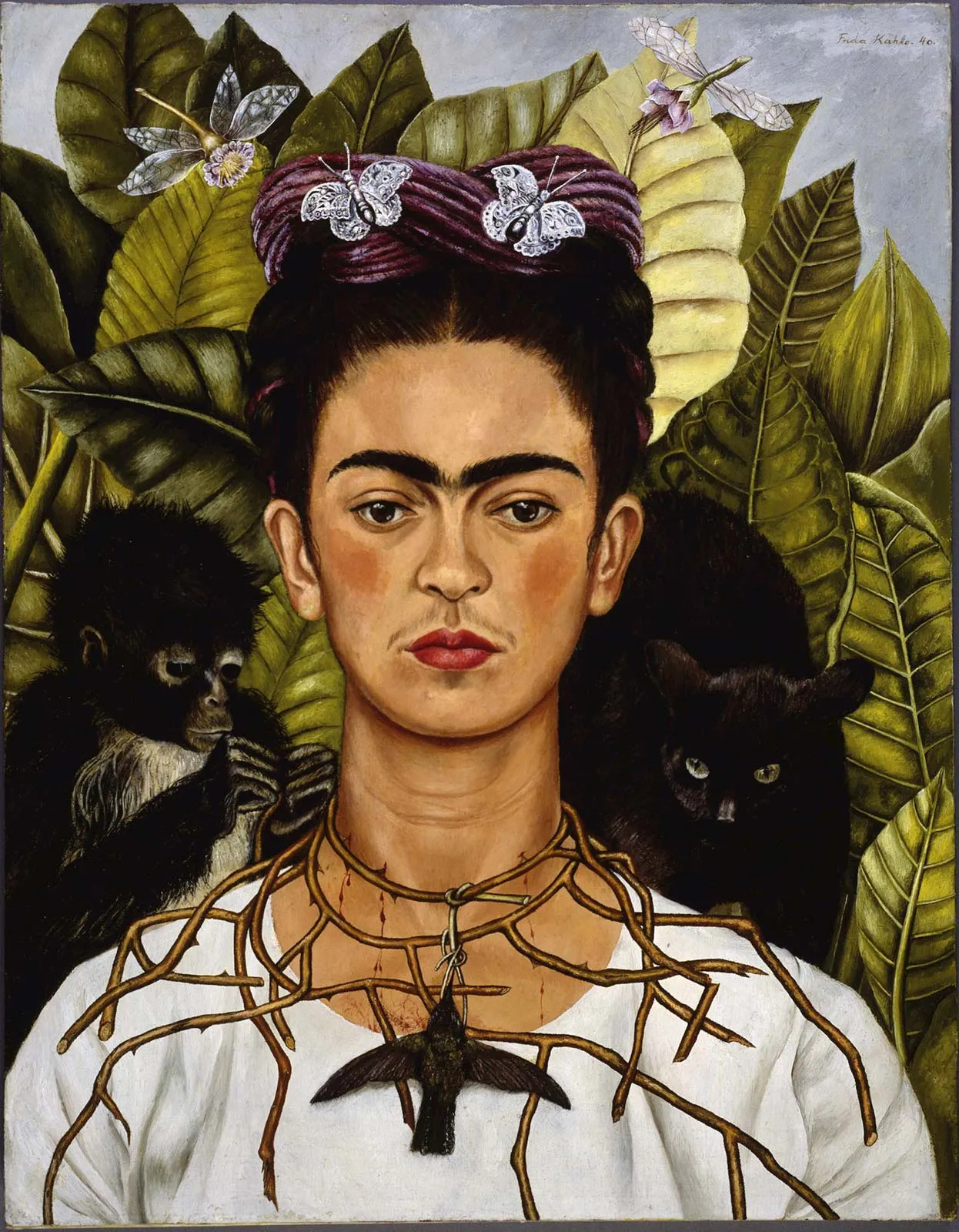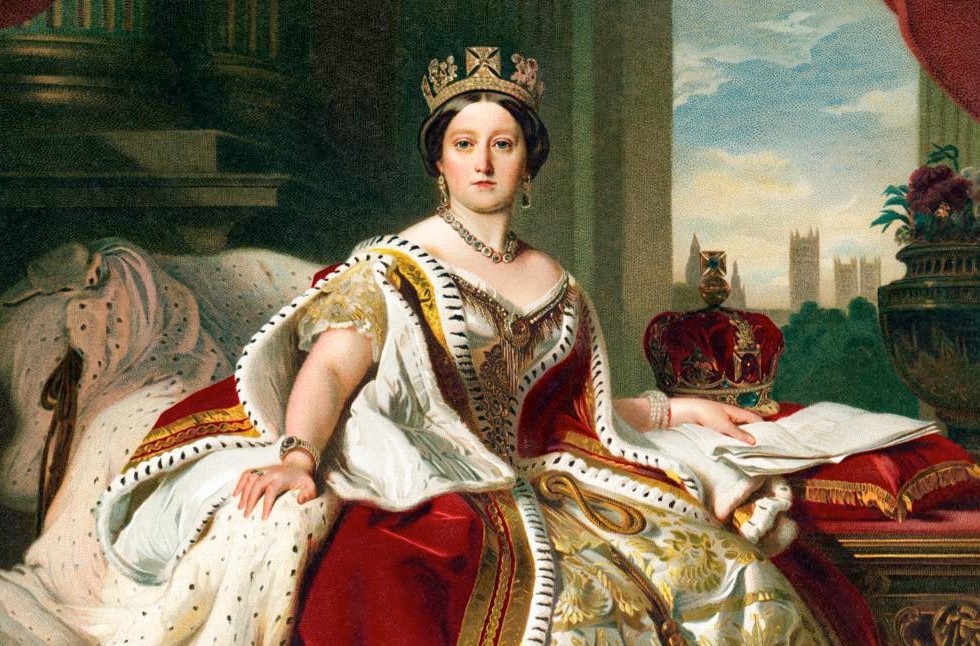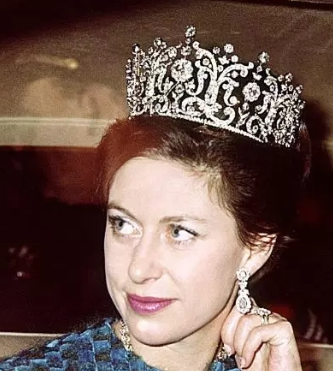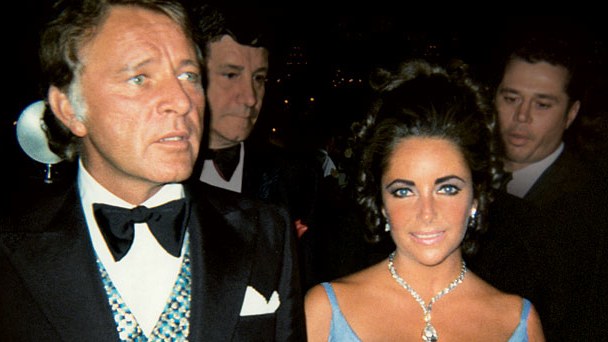
Carolyn King Waller (b.1934)
Carolyn:You want to remember that in the 30s and later, the iceman brought ice to your doorstep. The garbage trucks would come by and the men would be standing in the truck beds knee-deep in garbage. It wasn’t very hygienic! Mother used to make me sugar and butter sandwiches. People ate a lot of cheap foods like butter beans, rice pudding, bread pudding. Think how cheap rice pudding would be. (My grandmother) Nona used to make cooked onions.
You would open a box of soap powder and you would find a little trinket in the flakes. There might be a dishcloth in it or a Shirley Temple spoon, or maybe a piece of depression glass. It cost 12 cents for a child to go to the movies and 30 cents for an adult. Think how cheap that was – to be transported into another world for two hours for only pennies! Hollywood stars would be dressed up (in the movies) in oh so fancy clothes. We didn’t have much money for clothes but we didn’t begrudge them (the stars) for that.
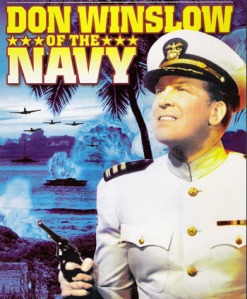
The forties were a time of serial movies on Saturday afternoon. When you went to the movies on Saturday, you would get a serial thrown in. They were probably continuing week-to-week narratives, little short ones, about twenty minutes each. There was “Don Winslow in the Navy,” “The Green Hornet,” “The Green Lantern,” cowboy serials, “Zorro.” They were always full of action. The serials came on at intermission. The serials had someone fighting against the enemy overseas or some other bad guys. The bad guys usually wore black hats; the good guys usually wore white hats. Our family wasn’t shallow but movies were our thing.

John A. Waller, Jr. (b.1930)
Lisa: Changing the subject, Dad, did you have a car when you went to UT in the early fifties?
John: My first car was the big white Oldsmobile that my parents had had before my wedding. They gave it to us before we got married. They’d bought it in 1947.
Carolyn: It had an automatic shift in the days when a lot of cars didn’t.
John: In 1937, my father had bought another car in Yoakum (Texas) that had an automatic shift. It was also an Oldsmobile. He didn’t buy another one for ten years, until he bought that big white one in 1947, the one he gave us. You couldn’t buy cars during the war years. All the metal, rubber and everything that had been used in car production went to the war vehicles.
Carolyn: In those days, everyone was on foot. Cars were useful, very important, if you had one. Drive-ins were a big deal. When you had a car, you went to a drive-in movie or a drive-up hamburger shop.
Lisa: Was gas rationed in the 40s?
Carolyn: Yes. There were different levels. Some people had As, some had Bs, and maybe Cs. When your grandparents passed away, Lisa, we found their ration books. They had saved them. The amount of gasoline rations you were issued depended upon your level of importance to the government. We had meatless Tuesdays. We cut down on our food consumption to save more “for the boys” (fighting the war). We had victory gardens to grow food for ourselves. In Hollywood, there had to be less fabric in the dresses so costumes were less sumptious. My mother’s cookbook at the time had recipes that were tailored to “the fighting forties.” They didn’t call for so much sugar and butter, or eggs, for that matter. They were more stringent recipes. We had sugar and meat coupons. Except for these cutbacks, we were really sheltered from the war.
John: It was all a newsreel war.
Carolyn: A gold star mother was someone in the community who had lost her son. Mrs. Pyle was one, maybe Mrs. Roscoe. Daddy and I didn’t pay any price.
John: I lived in Yoakum and they didn’t connect to anything.
Carolyn: I lived in Corpus Christi (Texas) where they had the largest naval station in the country. There may have been submarines in the Gulf of Mexico. We had black-out curtains. There was a rumor about a guy named Poenisch who was signaling Germans out on the water.
Lisa: Dad, back to your comment a while ago about World War II being “all newsreel war.”
John: That’s where we saw pictures of the war – at the movies. We saw newsreels that came on between the features. They were about 10 to 15 minutes long. Most of them were of the war, the battles. We saw pictures and heard the audio by Edward R. Murrow or Eric Severeid.
Carolyn: Oh, my gosh, he (Eric Sevareid) reported from the tops of burning buildings! Hollywood had been asked by the government to make happy propaganda. FDR asked the movie industry to do that. So we got movies like “30 Seconds Over Tokyo,” “So Proudly We Hail,” “Edge of Darkness,” “Bataan.”
 John: After the war, there was “The Best Years of Our Lives.” That movie showed what it was really like for those soldiers coming home. They got the GI bill and went to college. That’s who I went to school with.
John: After the war, there was “The Best Years of Our Lives.” That movie showed what it was really like for those soldiers coming home. They got the GI bill and went to college. That’s who I went to school with.Carolyn: All through the war, we weren’t touched by the war personally, but we were affected by it because so many of the movies were about it. Oh, we can’t forget to mention “Casablanca.”
